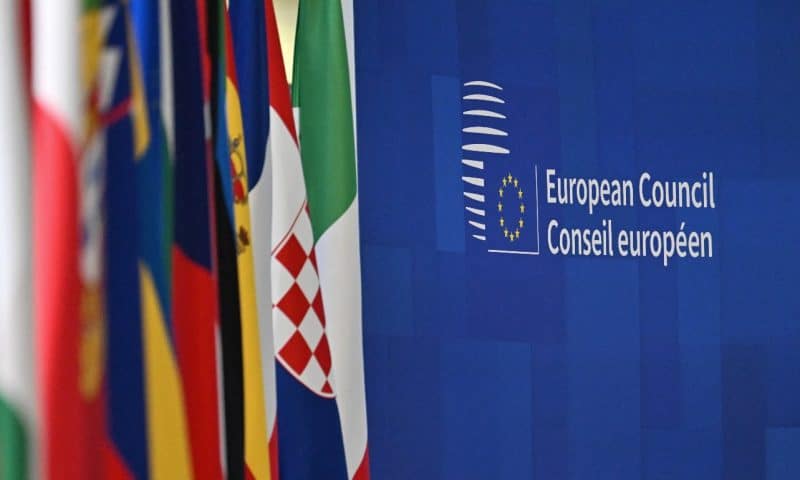BRUSSELS – European Union leaders will set multiple deadlines for a deeper single market, more capital for investments and a unified energy market, according to draft conclusions for a summit in November focused on the bloc’s push to boost its competitiveness.
The leaders, who meet in Budapest on Nov. 8, are responding to warnings that the European Union will fall behind the United States and China in the global tech race without rapid decisions and massive investment.
In draft conclusions seen by Reuters, which could change before or during the summit, the leaders will “stress the extreme urgency of decisive action” to meet a new geopolitical reality and increasingly complex challenges.
The leaders will ask the European Commission to present proposals by June 2025 to deepen the EU single market, one of the EU’s greatest economic assets, but still beset by barriers, particularly for services.
They will call for the integration of European capital markets by 2027, which could help steer some 33 trillion euros of private savings to the real economy. Now, about a third of it is held in current accounts.
The draft conclusions highlight harmonising national insolvency laws and the convergence of supervision, two issues over which EU member disagree.
The conclusions tell the next Commission, which may take office in December, to present a strategy for competitive industries, including updated antitrust rules and improved access to critical minerals, and proposals for funding Europe’s defence industry.
The leaders are expected to ask the Commission for proposals by mid-2025 to strengthen the EU’s capabilities in quantum technology and AI and to accelerate digitisation across industries.
The draft conclusions target the creation by 2027 of an energy union, which would increase the flow across the bloc of clean energy with the goals of reducing prices, ensuring energy security and securing climate neutrality by 2050.
As well as calling for more legislation, the draft conclusions include a goal of reducing the reporting burden for companies by at least 25%. Companies say red tape is among the main hurdles to doing business in Europe.

